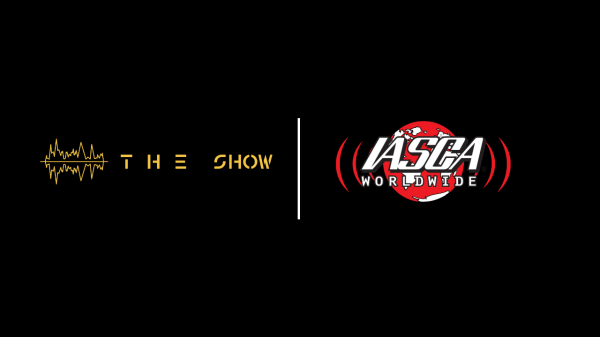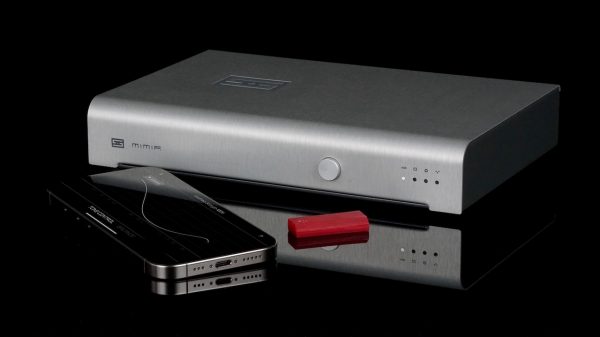When it comes to a slow computer the culprit can usually be traced back to fragmentation
How often have you sat in front of your computer just staring in dumb silence as you wonder how it could possibly take this long to load a simple page? Undoubtedly during that silence you’ve probably sworn to update you’re virus protection or get rid of those desktop programs that haven’t been used since you bought the computer. For whatever reason, you believe that this would actually solve the dilemma that you now face.
Now for those who have actually followed through with their declaration to guard against a computer virus or free up space on the hard drive the frustration is all the more painful the next time they sit in front of that blank screen waiting, and waiting, and waiting.
Certain that their computer has experienced some sort of fatal attack they resign themselves to start shopping for a new computer, abandoning any hope of ever repairing their hard drive. This, unfortunately, is the cost most incur due to their failure to recognize all the dangers that their hard drive faces. The truth is if they took one simple step they would more than likely solve their problems related to slow computer performance.
That simple step would be the installation of defragmentation software. When it comes to a slow computer the culprit can usually be traced back to fragmentation, quite simply the manner in which the hard drive stores saved files. A hard drive throws reason out the window and stores files in a contiguous order, making it impossible to make additions, modifications or deletions to a file without causing some degree of damage to the computer’s performance.
Each file has a designated space that it is allotted and that space is just enough to hold the contents of that file. When additions are made to that file the hard drive can no longer save the contents in the same space so it is forced to cut the























